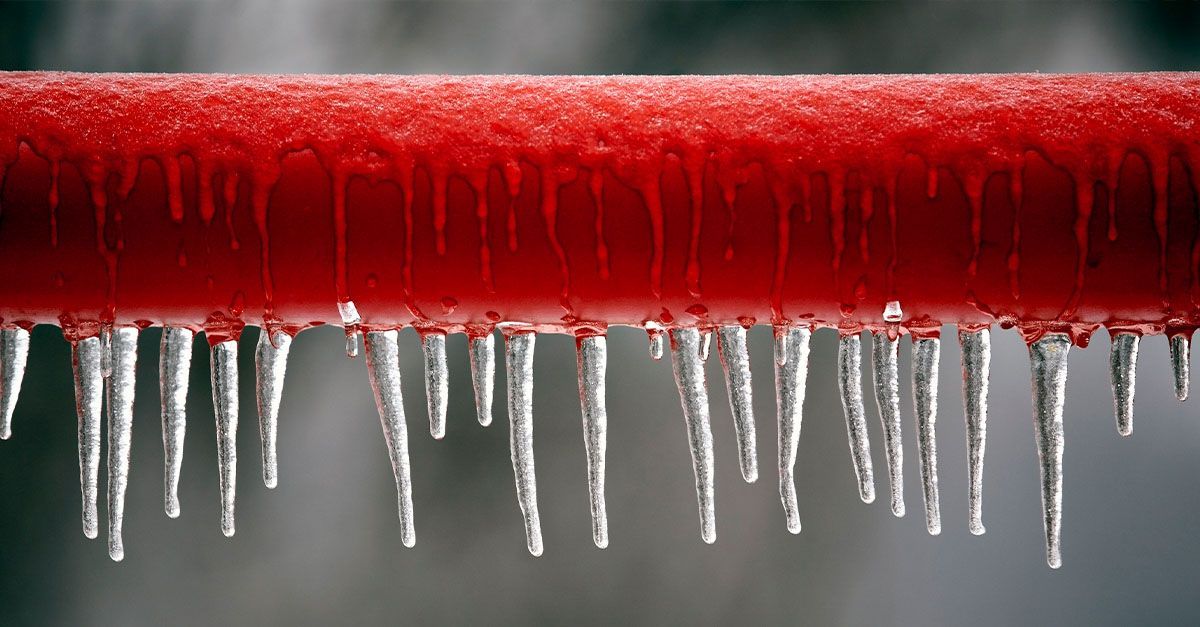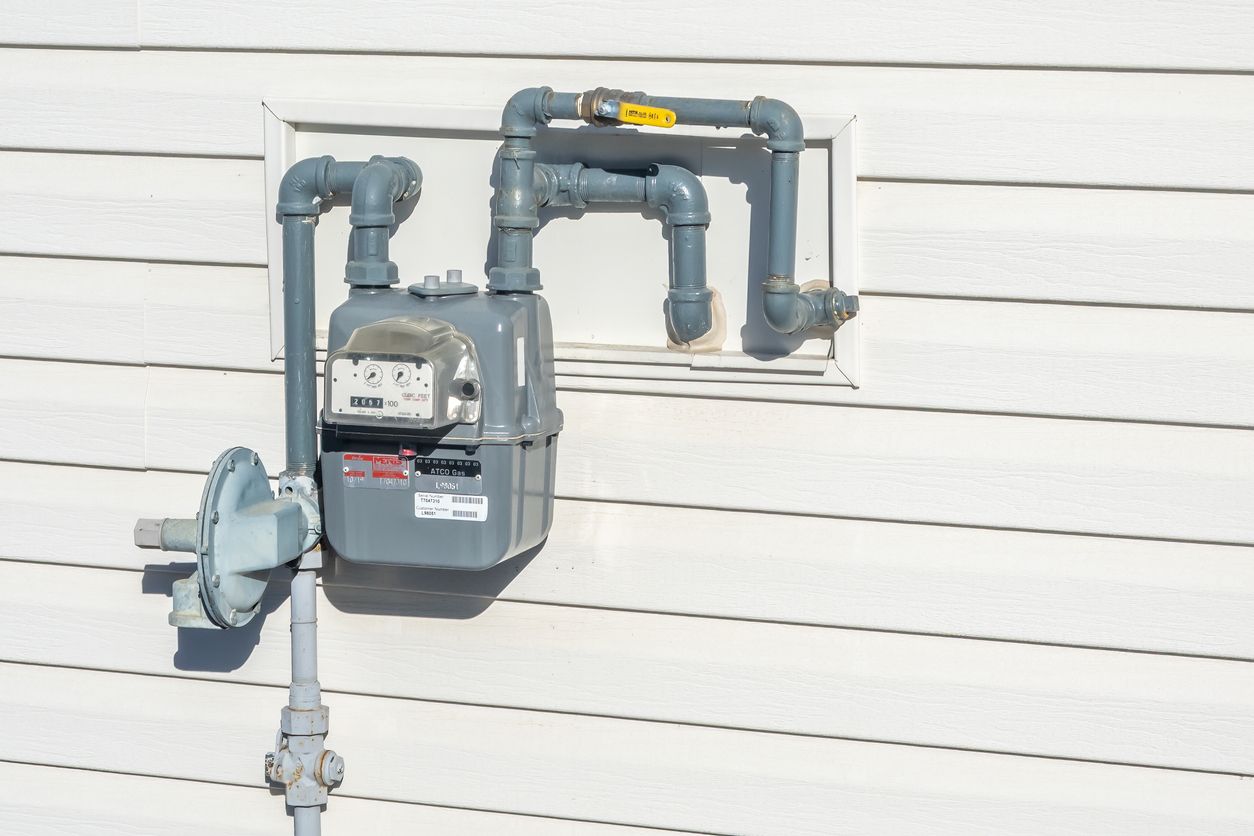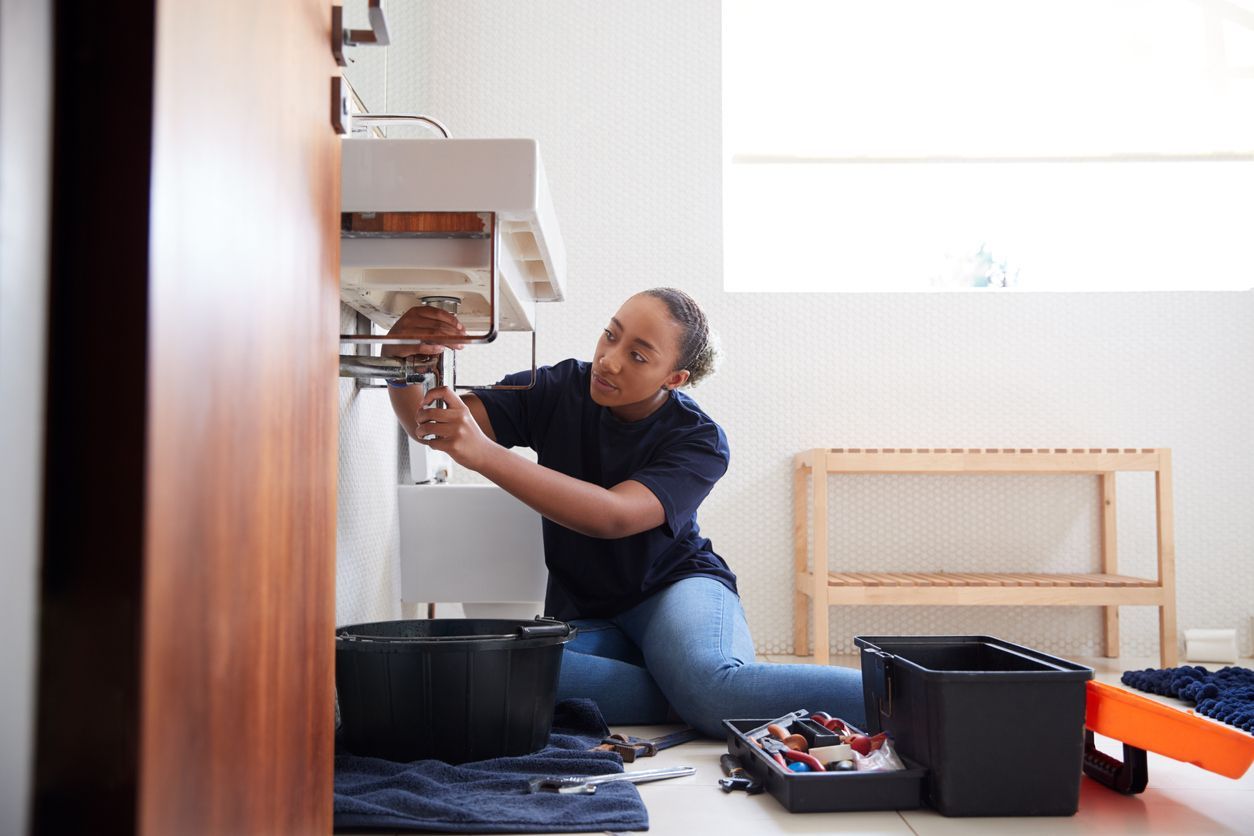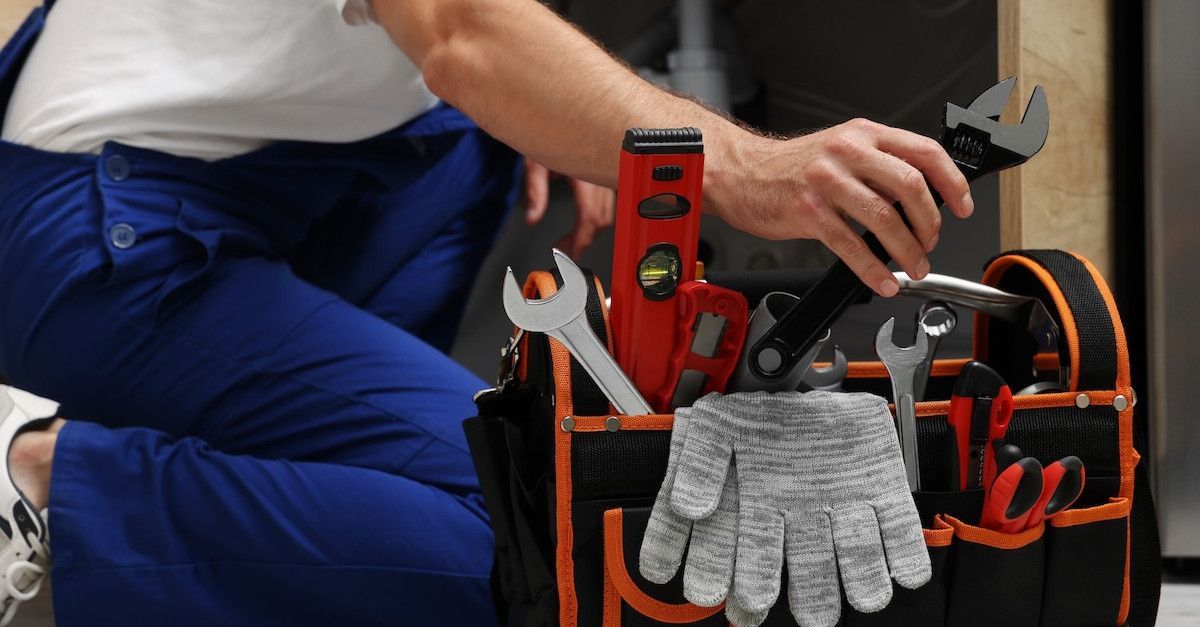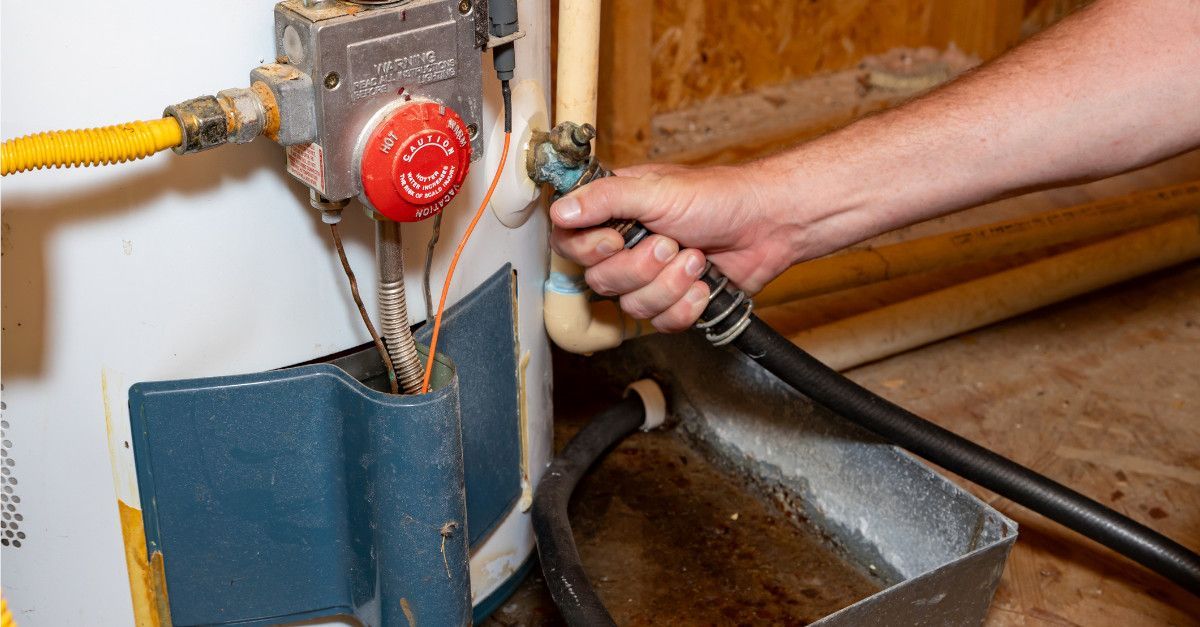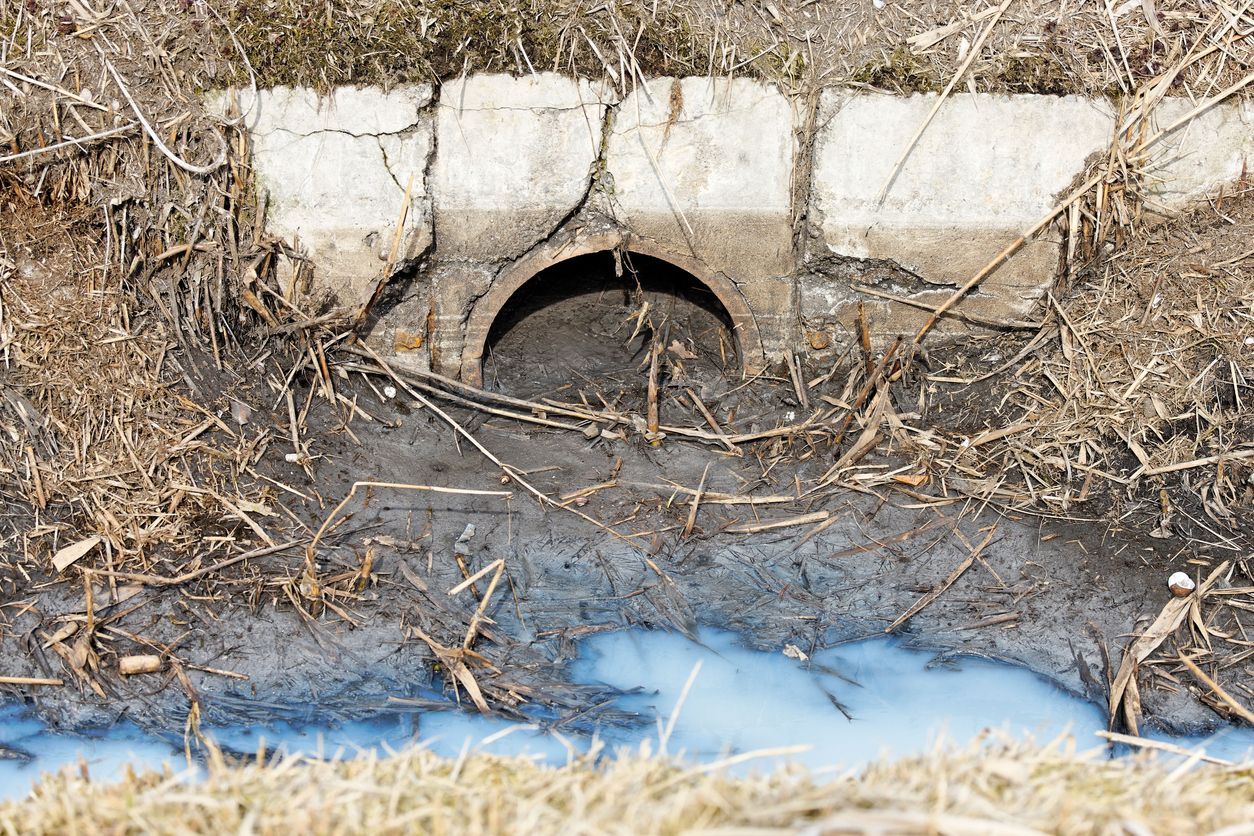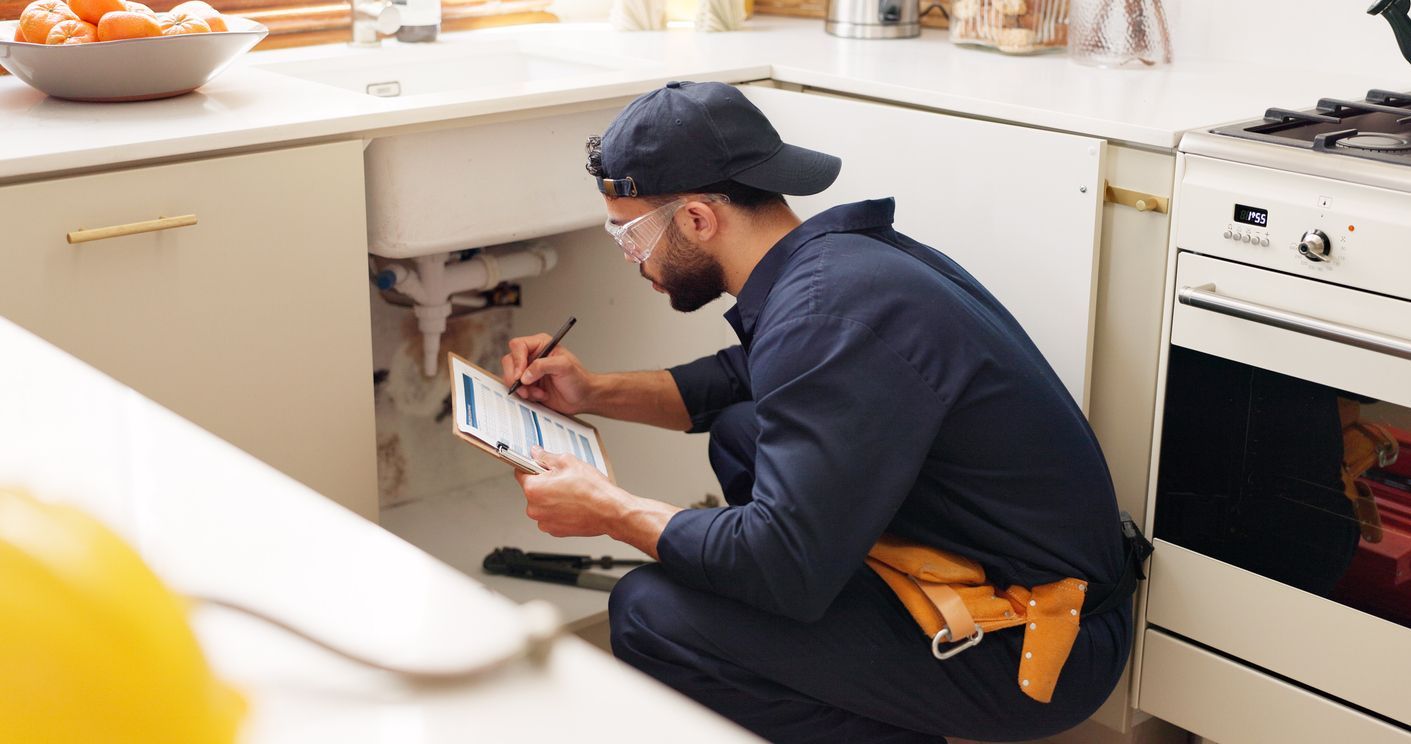The Ultimate Guide to the Types of Water Heaters

Did you know that the second-largest electric expense in your home is water heating? According to energy.gov, it makes up 14–18% of your utility bill. Water heaters are essential for any home, and choosing the right one to meet your needs is vital. However, with so many types and sizes, benefits, and drawbacks, it's tricky to know where to start. But don't worry, we're here to help.
In this blog post, we go through the different types of water heaters as well as their pros and cons to help you choose the best one for your household needs.
What is a water heater?
A water heater is a household device that heats water that you can use for anything from bathing to laundry and cooking. They can use fuel oil, electricity, natural gas, propane, geothermal and solar energy. The most commonly used are gas and electricity. Electric water heaters are more energy-efficient than gas water heaters though unfortunately, there will be no hot water during a power outage, even with the best electric water heaters.
So, how do water heaters work? The first thing to note is that they come in different types. How they work depends on the type, though all electric water heaters have a heating element of some kind. First, the heating element heats, and then the water warms up until it reaches the desired temperature and flows into your piping.
Types of Water Heaters
It's important to note that the water heater you choose will define its efficiency. That's why it's crucial to analyze all of the different types. In addition, it's essential to weigh the pros and cons before deciding on the best hot water heaters for your home.
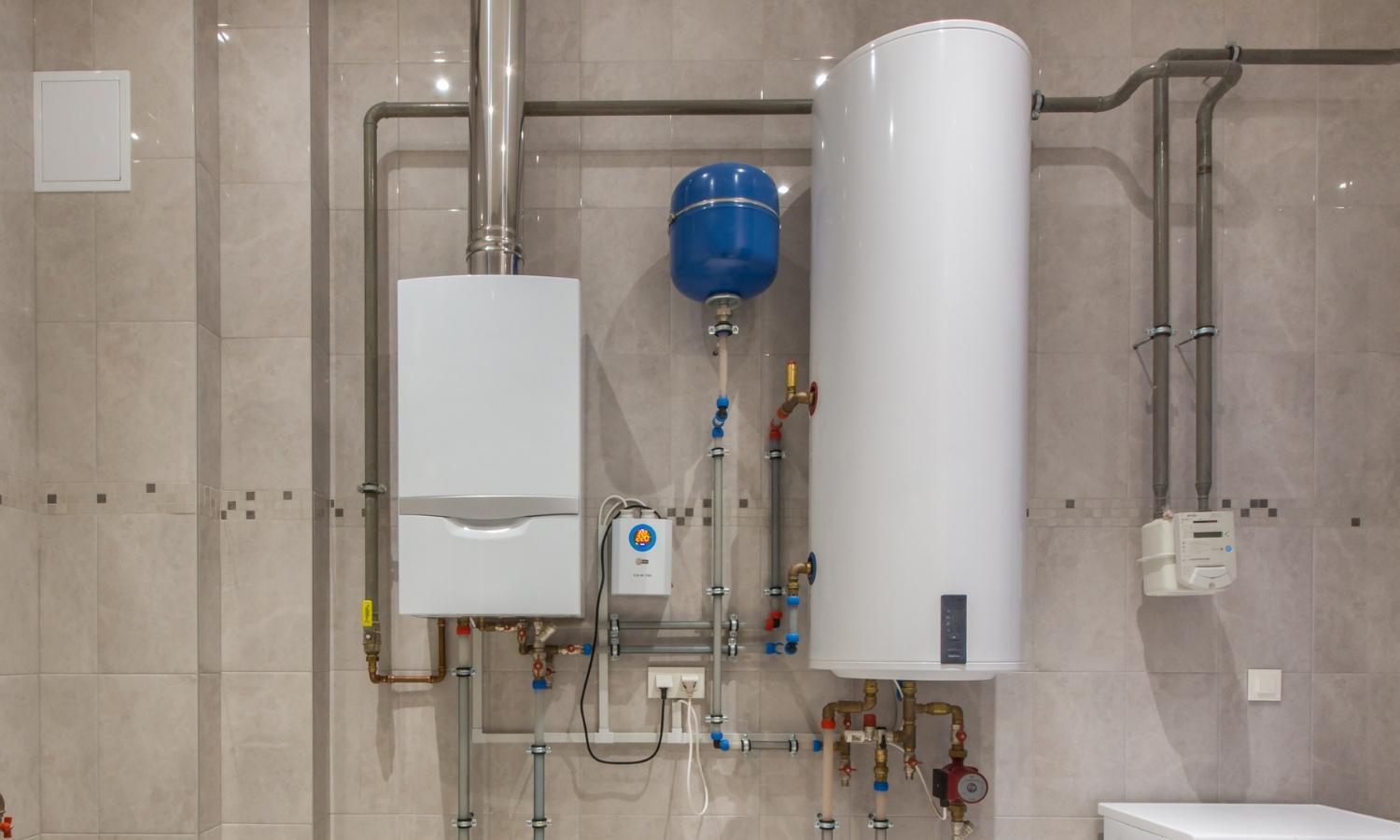
Storage Tank Water Heaters
These are the most common types of water heaters. They are also known as "conventional water heaters."
Storage tank water heaters work by heating water and storing it in a tank for later use. They release water from the top, and the tank is refilled by adding more water. This ensures you'll never run out of hot water.
Traditional tank water heaters tend to draw much more energy than other types of water heaters. This is because they heat water according to the temperature settings of a thermostat, even when the water is not in use. Long-term storage of water in the tank causes standby heat loss, which requires reheating the water to the desired temperature.
Pros
- The initial cost is more affordable than tankless water heaters.
- Holds a more considerable amount of hot water that’s ready in moments
- Installation, repairs, and maintenance costs are low
- Efficient in all climates
- A variety of sizes you can choose from to match your family's needs
Cons
- Hot water can run out during peak usage periods
- Requires more energy to maintain the water at a consistent temperature
- Needs annual maintenance
- It's bulky, so it requires storage space
- Prone to leaks
- It has a short lifespan
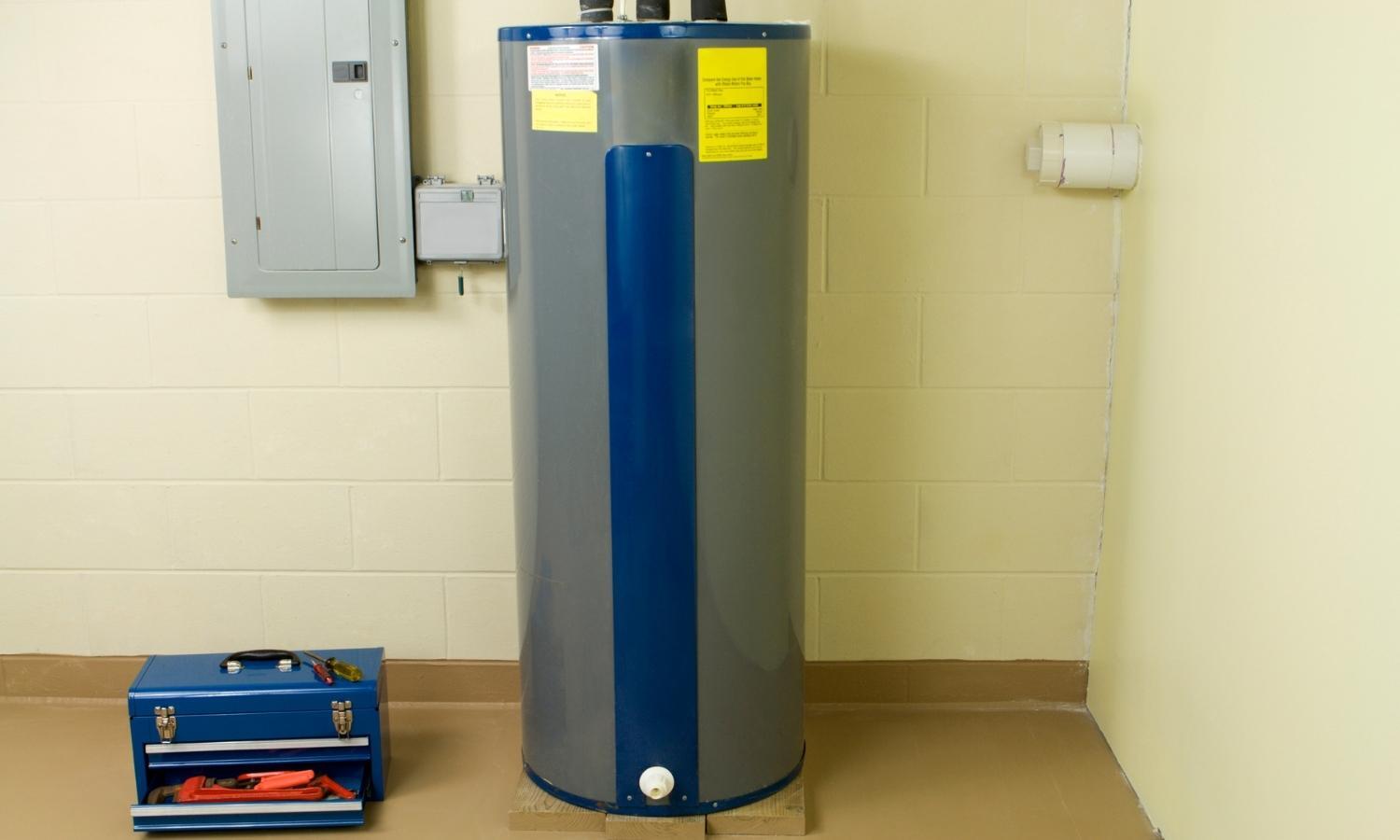
Condensing Water Heater
A condensing water heater, also known as a condensing boiler, uses heat exchangers to transfer heat from the exhaust gases to the water inside the unit. This heater comes with a secondary heat exchanger that extracts the heat that could have been wasted.
The heater is more efficient than a traditional one, with an efficiency greater than 90%. This is because it uses the heat that would typically be wasted in a conventional water heater to heat the water. The condensing water heater can be a tank or tankless model.
Natural gas or oil can power condensing water heaters, which are typically more expensive than traditional water heaters. However, the increased efficiency of condensing water heaters can save you money in the long run by lowering your energy bills.
Pros
- Lesser carbon footprint
- Energy efficient
- High recovery rate, so you'll never run out of water
- It saves money in the long run.
Con
- High upfront cost
- Requires extra plumbing for the flue and a waste pipe
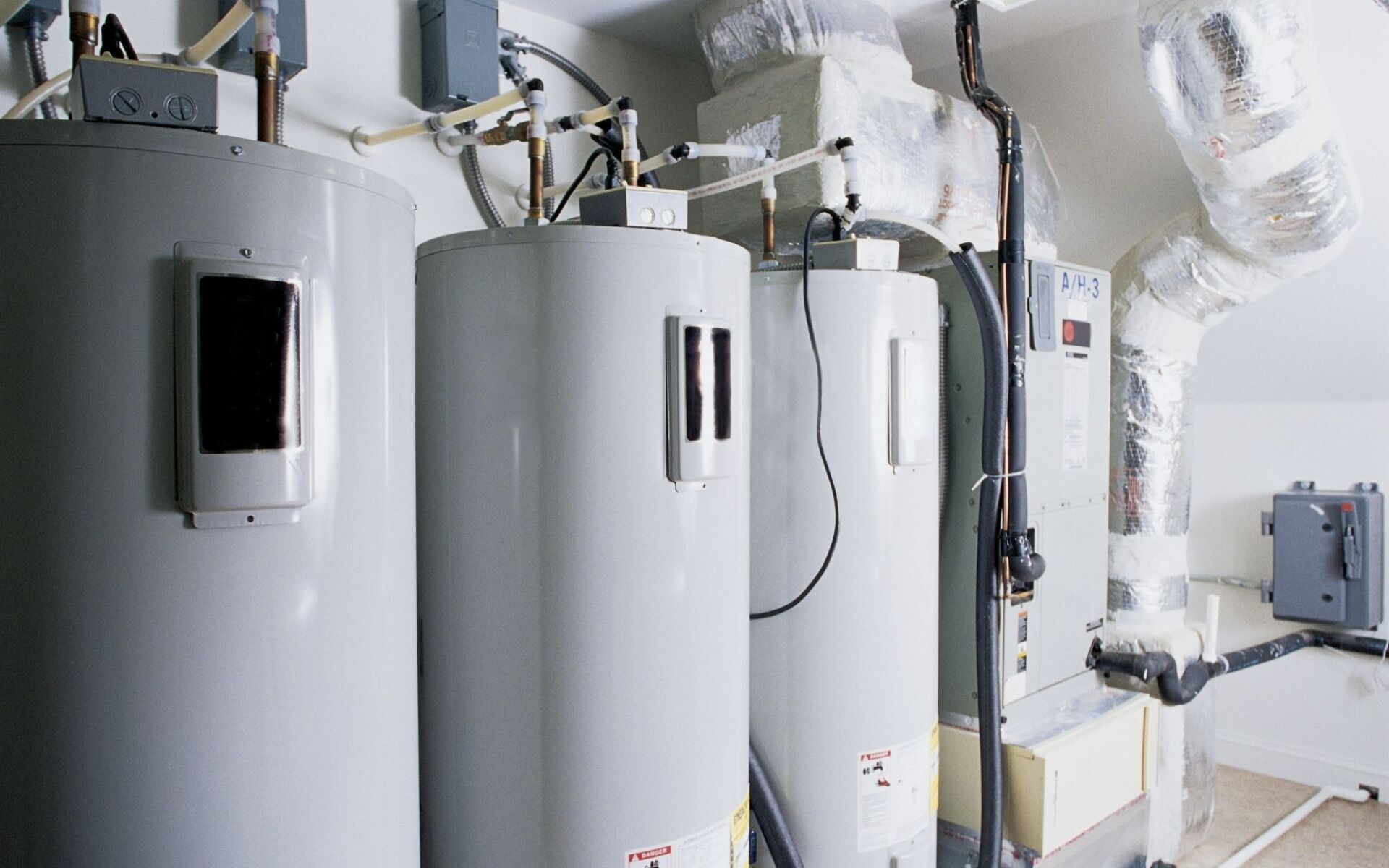
Hybrid Water Heaters
Hybrid water heaters, also known as electric heat pump tank water heaters, can be two to three times more energy-efficient than an electric-powered tank water heater. This is because hybrid water heaters use electricity to transfer heat rather than generate it.
To supply hot water, they use the heat in your house. This is accomplished by using an evaporator to draw air from the surrounding space while the refrigerant absorbs heat from the air. Next, the compressor elevates the temperature that passes through the condenser, which transfers heat to the water.
An electric heat pump tank water heater requires a temperature range of 40º–90ºF (4.4º–32.2ºC), which works efficiently in warm climates. Furthermore, you can install a hybrid water tank in a furnace or boiler room to utilize the heat.
Pros
- Energy efficient
- It's the most eco-friendly
- Cheaper operating costs
- Some allow for smart apps and leak guard technology
- Perfect for a hot climate
- It can cool your home
Cons
- Pricey
- High installation costs
- It needs a bigger space
- May need regular maintenance

Tankless Water Heaters
Tankless water heaters, also known as on-demand water heaters, do not use a storage tank to hold water. Instead, it heats water on demand rather than keeping a tank full of hot water. They can either be electric or gas-powered. Gas tankless water heaters are the most common. This is because electric tankless heaters require a lot of electricity and most homes do not have a large enough electrical panel and the cost to increase this panel is not cost effective
If you're asking yourself, "how do tankless water heaters work without a tank"? Well, it's a straightforward process. When you turn on the hot water in your home, the water flows through a pipe into the unit. A heating element quickly warms the water to the desired temperature inside the heater. The hot water flows out of the tankless water heater and into your home, giving you an endless hot water supply.
Tankless water heaters can be 24% - 34% more energy-efficient than conventional storage-tank water heaters for homes that often use 41 gallons or fewer of hot water daily. However, for homes that use around 86 gallons, the heaters can be 8%–14% energy efficient.
Below are the pros and cons of tankless water heaters.
Pros
- More energy-efficient
- Saves money over time
- Longer lifespan
- Takes less space
- Needs less maintenance
- Easier installation, although you'll still need a professional plumber
Cons
- Higher initial cost than traditional storage tank
- Cold weather can affect its efficiency
- Limited flow rate
- Not perfect for multiple uses in large households
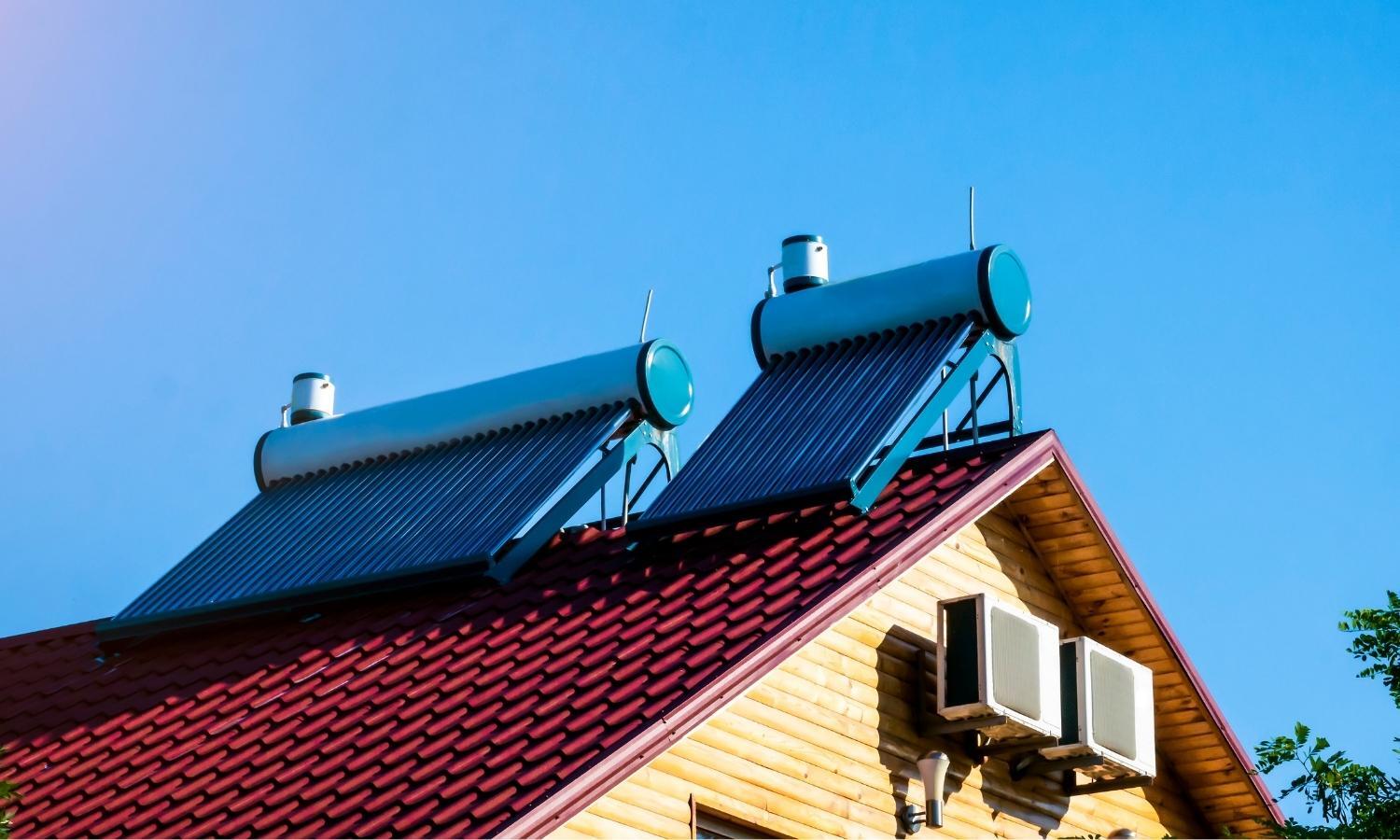
Solar Water Heaters
What can be more cost-saving in your home than using free fuel for all your hot water needs? A solar water heater, also a solar domestic hot water system, is a thermal system that uses solar energy to heat water.
Solar water heaters typically have two parts: a solar collector and a storage tank. The solar thermal collector is usually placed on the roof of a home, where it can collect solar energy from the sun. The storage tank inside the house is used to store the hot water. There are two types of solar heaters:
1. Active Solar Water Heaters
Active solar water heaters supply hot water using a pump. There are two types of active solar water heaters:
- Direct circulation systems: A direct circulation system uses pumps to circulate water through solar collectors. The water is heated by the sun as it passes through the collectors and is then stored in a storage water tank for later use. You can typically use direct circulation systems in climates that do not freeze often.
- Indirect circulation systems: In an indirect system, a pump circulates a heat-transfer fluid through a heat exchanger in the solar collector. The heat-transfer fluid transfers the heat to the water in the storage tank. These systems are most efficient when the temperature of the heat-transfer fluid is kept relatively low.
2. Passive Solar Water Heaters
A passive solar system is a closed-loop piping system in which a fluid is circulated through a heat exchanger without a pump. Instead, the water is circulated by convection, which is the natural movement of the fluid due to density differences.
These water heaters are typically less expensive than active solar water heaters but are also less efficient. The two types of passive solar water heaters are:
- Integral collector storage systems: Integral collector storage systems (ICSS) use solar collectors in the insulated tank to heat water stored in it. ICSS is well-suited for homes with high hot water demand throughout the day.
- Thermosiphon passive systems: These are systems that rely on convection to circulate water between a solar collector and a storage tank. As the solar energy heats the water in the solar collector, it becomes less dense and rises, while cooler water in the storage tank falls. This circulation creates a natural convection loop that transfers heat from the solar collector to the storage tank without a pump. After that, the water naturally flows to your house.
Pros
- Cost-saving
- Low maintenance
- Longer lifespan
- Eco-friendly since there is no carbon footprint
- May be eligible for tax incentives by using renewable energy
Cons
- It depends on the sun
- High installation cost
- It only heats water, unlike photovoltaic panels, which you can use to power devices in your home
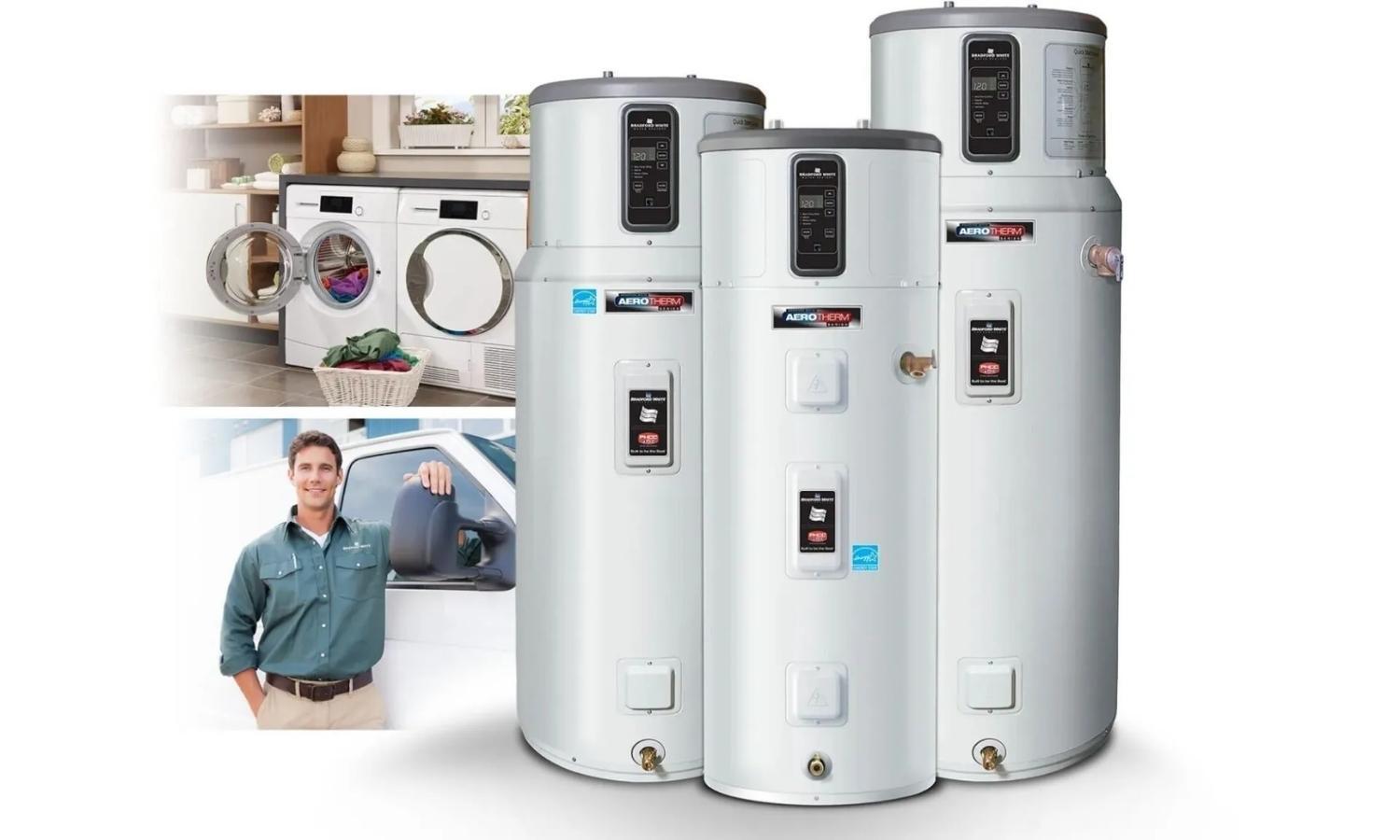
Choosing the Right Water Heater Size
When choosing the perfect water heater for your home, it's essential to select the correct size. If you choose a water heater that is too small, you will not have enough hot water to meet your needs. This can result in an overworked water heater that may require frequent repairs and a shortened lifespan. Conversely, if you choose a water heater that is too large, you will be wasting energy and money.
To select the correct size of water heater for your home, you will need to consider these two factors:
- The number of people in your household
- The average hot water usage
Household Size
Here's a quick cheat sheet you can refer to when sizing your water heater system, depending on your household size. It's good to note that this is only an estimate and it’s important to involve a professional for exact sizing.
- For 1 to 2 people: 30 - 40 gallons
- For 2 to 3 people: 40 - 50 gallons
- For 3 to 4 people: 50 - 60 gallons
- For 5+ people: 60 - 80 gallons
Average Hot Water Usage (Applies to Tank Water Heater)
Depending on the hot water you need during peak hours, you can also size your water heater. Your peak hours, for instance, would be when everyone in your home takes a shower in the morning, you do your laundry, and run the dishwasher all at the same time. Knowing the average hot water you use during your busiest hours can help you choose a suitable first-hour rating (FHR). The FHR will show you how many gallons of hot water you can get per hour.
For tankless water heaters, calculate the flow rate per minute (gallon per minute) you require during peak hot water usage. Next, determine the temperature rise by deducting the incoming temperature from your desired output temperature. For example, you can assume a 50°F incoming temperature, or you can also confirm the temperature using a thermometer on your cold water faucet.

Water Heater Features to Consider
It's crucial to remember that every house is unique, so a water heater that functions in your friend's home might not satisfy your needs. When buying a new water heater, keep the following factors in mind:
Tank Material
There are different materials used in making hot water tanks. The most common materials include copper, stainless steel, and carbon steel. Each material has its own unique set of benefits and drawbacks.
Copper and stainless-steel tanks are the most common type of hot water tanks in Europe, while carbon steel is common in the United States. Copper tanks are more expensive than steel ones but are also more durable. Copper is resistant to rust and corrosion, and it is also a better conductor of heat.
On the other hand, stainless steel is durable and relatively inexpensive. However, steel tanks are susceptible to rust and corrosion. Carbon steel is cheaper but also prone to rust and corrosion, so it requires a corrosion-resistant lining.
Warranty
A good number of water heaters come with a warranty that covers the cost of repairs or replacement if the unit breaks down within a certain period. The average standard warranty period for many manufacturers is five to six years.
Also, some heaters come with a one-year parts warranty that can cover the cost of replacement parts, labor, and other associated costs. In addition, there are other units with a more extended warranty period, although they might come with a hefty price tag.
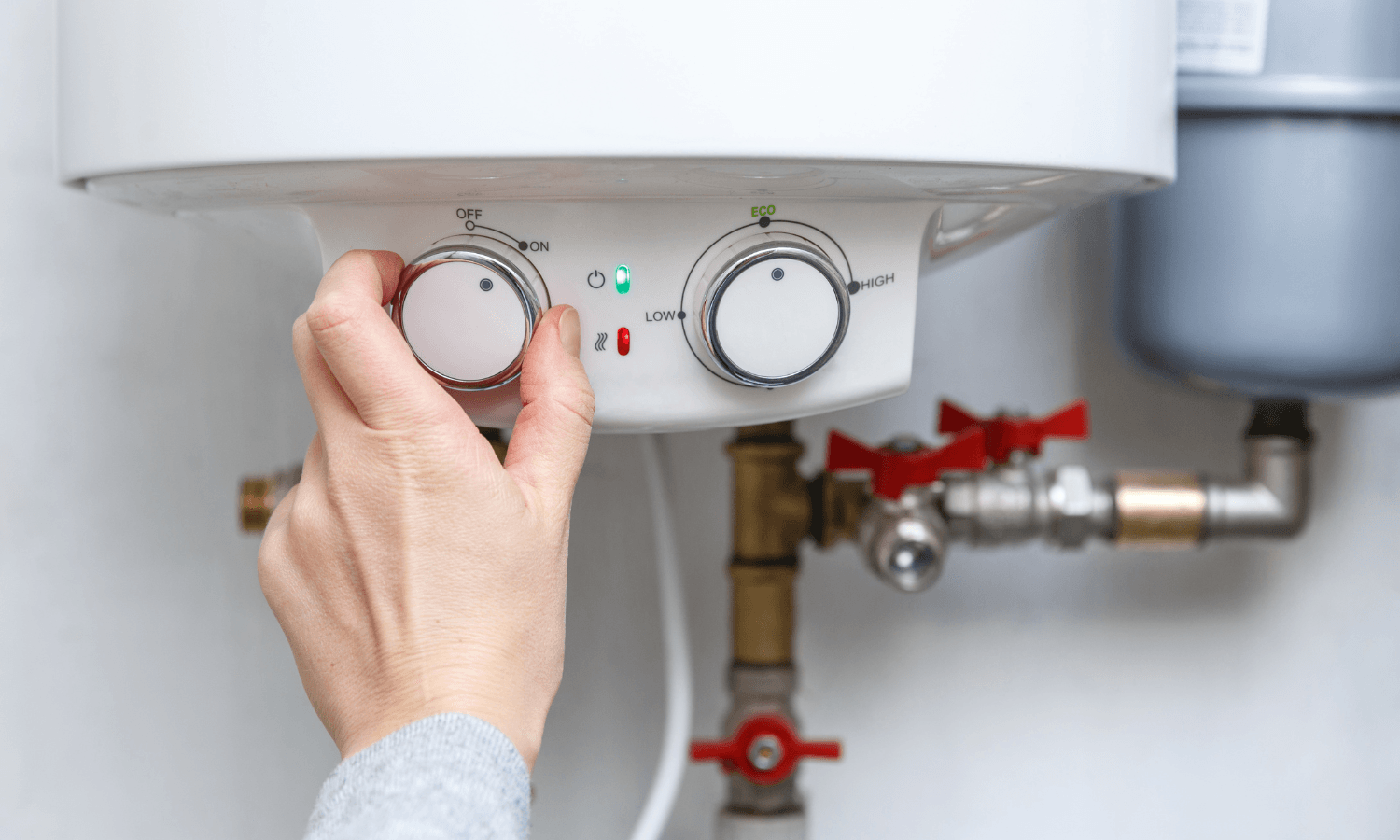
Insulation
Water heater insulation is important because it helps to keep the water inside the tank hot for long periods. This means you'll reduce the energy to heat the water, saving you money on your energy bill.
Insulating your water heater might cut standby heat losses by 25 to 45 percent and lower your water heating expenditures by 7 to 16 percent. Additionally, insulation can help prolong the life of your water heater.
Some water heaters come with insulation already installed, but others do not. If your water heater does not have insulation, you should consider adding it. The most common insulation material is fiberglass and polyurethane foam (PUF).
If you're considering adding insulation to your water heater, be sure to consult with a professional company to ensure the correct installation. Improperly installed insulation can cause problems, such as leaks or fires.
Drain Valve Material
Drain valves should be compatible with the materials in your water heater, temperature range, and pressure.
Luckily, water heaters have installed drain valves, but you can also replace them. The common materials that you can find in water heaters are plastic or brass. Plastic is prone to breakages and clogs, although it's cheaper than brass.
On the other hand, brass is more durable than plastic and can withstand high temperatures, but it is also more expensive. There are also composite drain valve materials that are between plastic and brass.
Digital Displays
Choosing a water heater model with a digital display can be convenient and increase energy efficiency during water heating. These displays provide accurate and up-to-date information on the water heater's temperature, making it easy to control. Additionally, many digital displays include a timer function, allowing the user to set a specific time for the water heater to turn on or off.
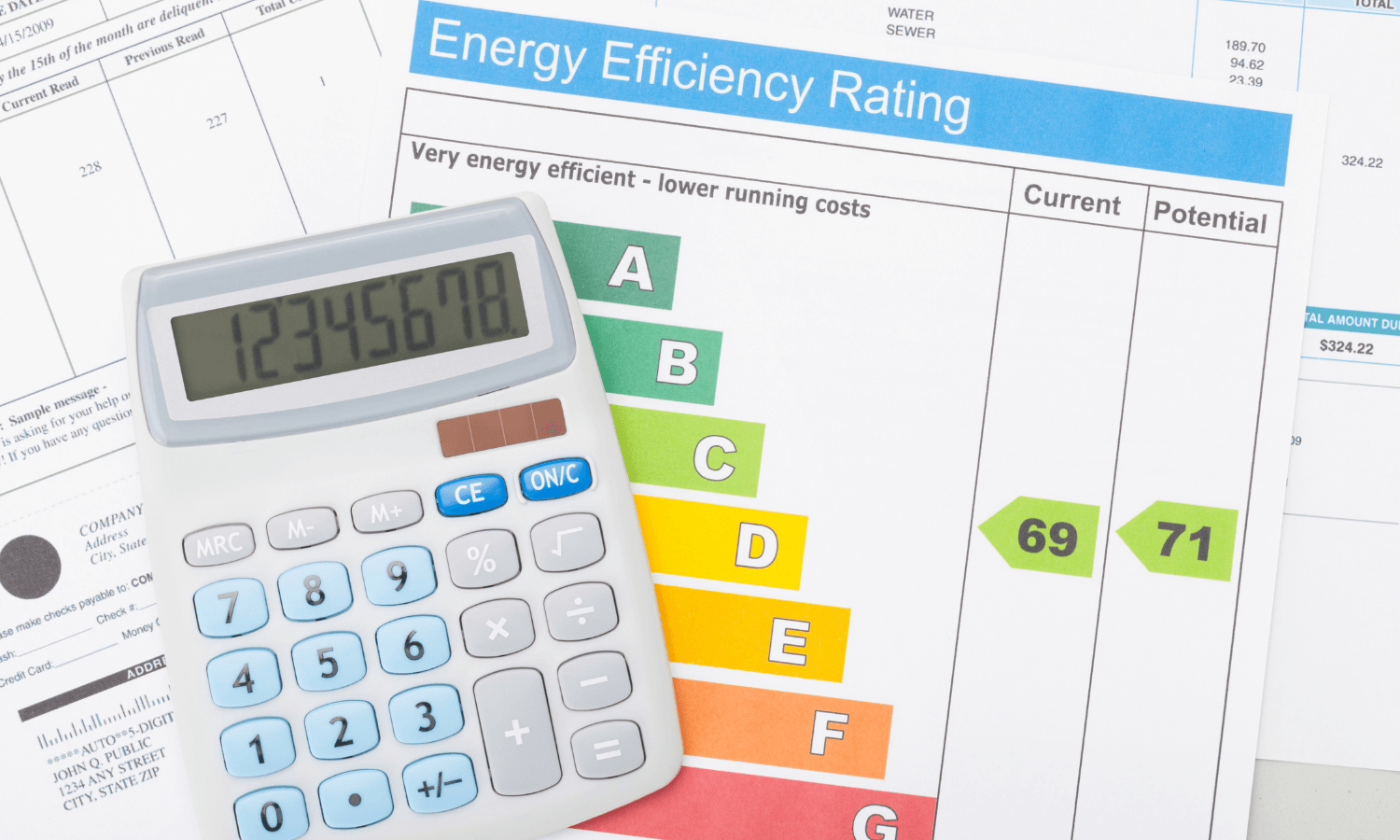
Anti-Scale Devices
Anti-scale devices are used in water heaters to help prevent scale buildup on the heating element. Scale is a hard, crusty deposit that can form on the heating element over time, and it can reduce the efficiency of the heater and cause damage to the component. Anti-scale devices help prevent this by breaking up the scale molecules before they bond to the heating element. This helps extend the heating element's life and keep it working at peak efficiency.
ENERGY STAR®️ and High-Efficiency Ratings
When shopping for a water heater, you may see the ENERGY STAR®️ label. ENERGY STAR®️ is a government-backed program that helps consumers save money and protect the environment by choosing energy-efficient products.
Water heaters with the ENERGY STAR®️ label are high-efficiency models that use less energy than a typical model, saving you money on your energy bill. They also emit fewer greenhouse gases, which helps to protect the environment. The number of stars on the water heater's label shows its energy efficiency level.
Hot Water Heater Accessories
There are accessories designed to improve the performance of your water heater, while others are simply for convenience. Some of the essential water heater accessories include:
Expansion Tanks
Water heater expansion tanks are installed on water heaters to prevent them from over-pressuring. When water heats, it expands and causes an increase in pressure. If this pressure is not relieved, it can cause the water heater to explode. An expansion tank protects the water heater from this excessive pressure by acting as a buffer.
Timers
You can always use a timer to schedule when your water heater turns on and off, which can help to conserve energy.
Leak Detectors and Alarms
Water heater leaks can cause significant damage to your home, so it's important to detect them as early as possible. Water heater leak detectors and alarm devices are installed on water heaters to detect leaks and sound an alarm to notify you. You can also add an automatic shut-off valve that turns off the water when a leak is detected.
Pans
A water heater pan is a safety tool placed under the water heater to catch any water that may leak from the unit.
Stands
These elevate your water heater off the ground, which can help to protect it from damage that can lead to repairs. It also helps prevent the water heater from fluids, like gasoline or water, on the floor.
Water Heater Maintenance and Repair
No water heater, no hot water! That's why it's a good idea to perform basic maintenance on your water heater regularly. This will help it last longer and run more efficiently. Ensure you follow the manufacturer's instructions and contact a professional plumber to perform maintenance on your tank water heater.
Tank Water Heaters
One of the main drawbacks of tank water heaters is the need for regular maintenance and susceptibility to rust. Professionals recommend doing the maintenance at least once per year. Proper care can give your water heater an average 8 - 12 years lifespan.
Here are some tips:
- Ensure to inspect your tank water heater regularly. Check for leaks or corrosion, and have any issues repaired promptly. Also, test the temperature-pressure relief valve and replace it if it's not functioning correctly.
- If you have an electric tank water heater, inspect the anode rod regularly. The anode rod helps to prevent corrosion.
- If you have a gas tank water heater, be sure to have the vent system checked regularly. It helps prevent flue gases from accumulating in your water heater.
- Flush the water heater annually to remove sediment buildup that can clog the system.
Tankless Water Heaters
Have you been asking yourself, "how long do water heaters last?" Well, with proper care, your tankless water heater will provide years of trouble-free service. The best tankless water heaters last at least 20-25 years, and require less maintenance. The major maintenance involves flushing the system at least once yearly to clear mineral and sediment accumulation.
With yearly inspection of electric and gas components, you'll have a system that serves you for decades. You can contact your local plumber if you need a tankless water heater repair or installation. If the water heater is for a commercial building or business, a commercial plumber should be able to get the job done.
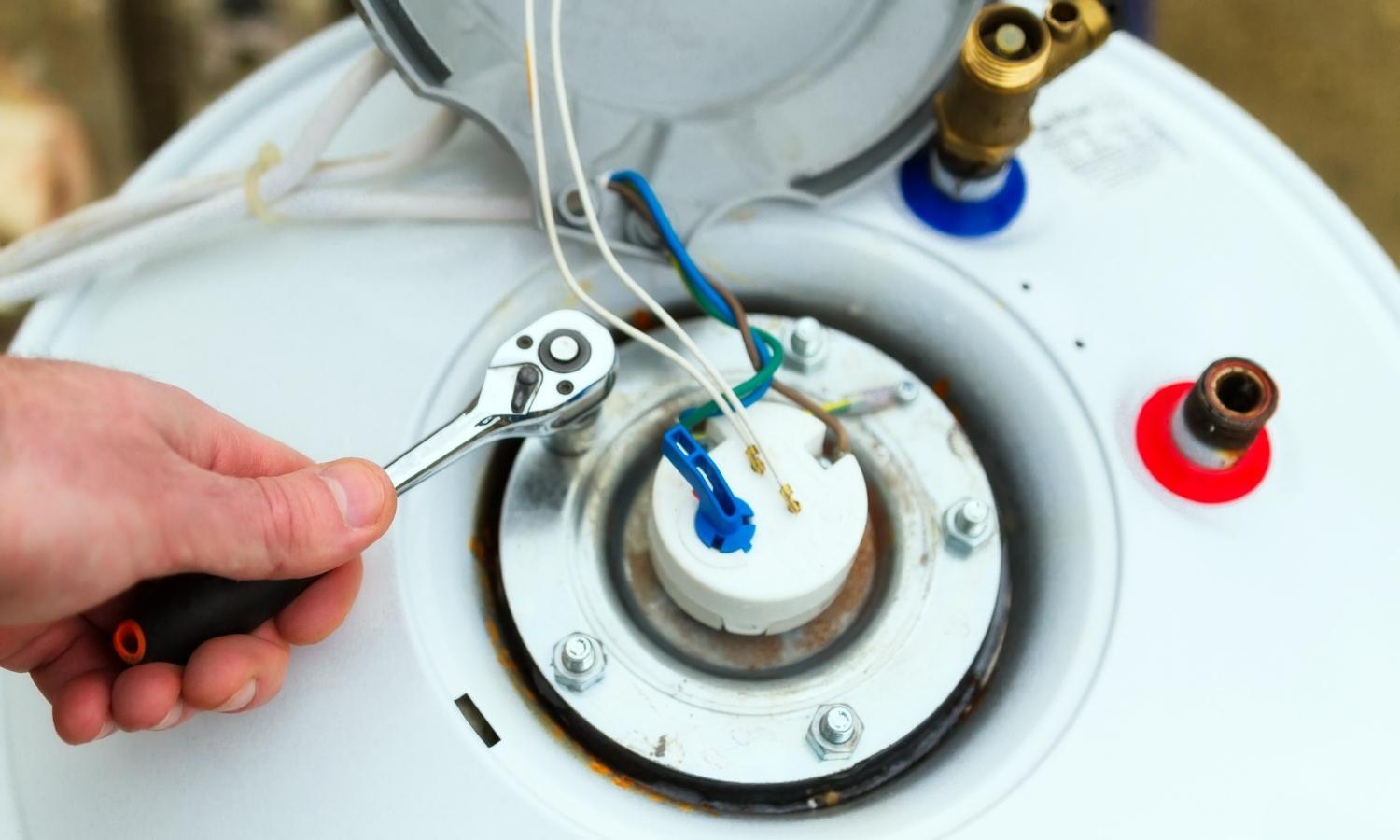
How to Reduce Water Heater Costs
You can take a few steps to cut your water heating costs at home.
- Insulate your water heater and pipes
- Take shorter showers
- Install low-flow fixtures
- Use a water heater timer
- Fix leakages
- Lower the water heater thermostat to 120 degrees Fahrenheit or below
- Purchase water and energy-efficient appliances
- Switch off the water heater while on vacation
- Wash laundry in cold water
- Run the dishwasher or laundry machine only when full
Who to Call for Atlanta Water Heater Installation
Water heaters are essential in any home. Water heaters installed and maintained correctly can help reduce energy usage, save money and extend the lifespan of your heater. That's why it's essential to use the services of a professional company.
Plumb Works Inc. has got your back if you're considering getting a new water heater in Atlanta. We are top-rated
Atlanta
water heater repair and installation experts, providing you with the best plumbing services. We have dedicated and professional plumbers to fix all your residential and commercial water heaters.
Schedule your installation or service online today! You can also give us a call to discuss your water heater needs and our experts will help you select the best for your home.
Need even more information about water heaters? We’ve got you covered.
Heat Pump Water Heaters: What You Need to Know
Can Cold Weather Affect Your Water Heater?
How To Choose The Right Water Heater
